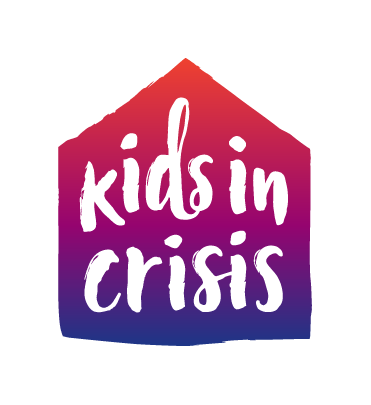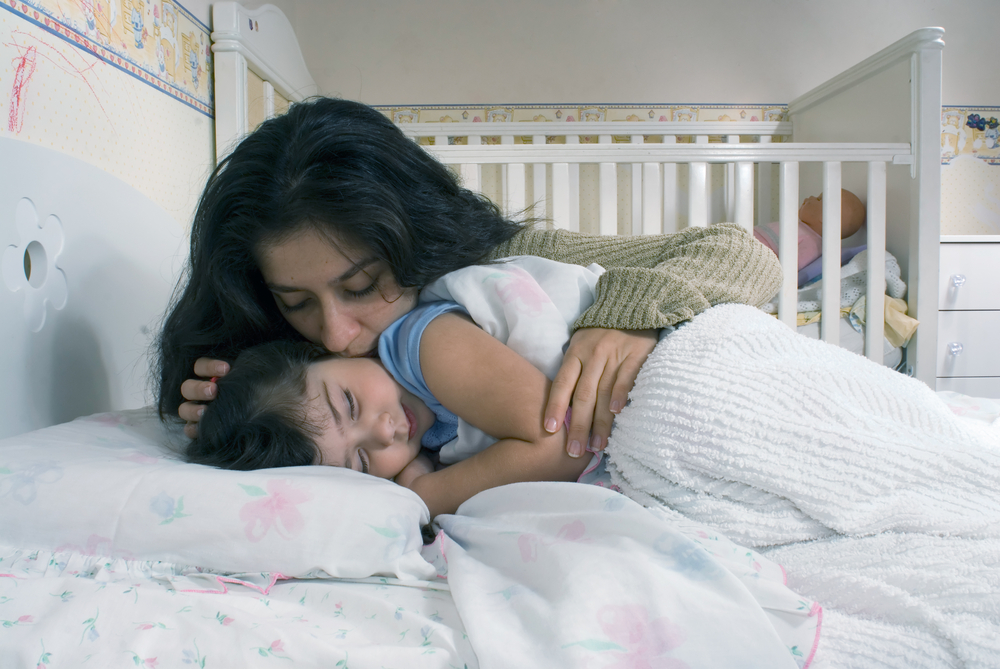A New School Year, with Mental Health in Mind 
The backpacks are still empty. The bedtime routines are still flexible. And yet, the countdown has begun.
As August winds down, many families feel that familiar tension in the air, excitement, nerves, dread. For kids, the return to school can stir up a mix of emotions: fear about a new teacher, anxiety about friendships, or full-on resistance to leaving the ease of summer behind.
For parents and caregivers, it’s hard to know how to help. What do you say when your child doesn’t want to go? How do you get back on a schedule without making it a battle?
Here are a few simple, grounding tips that can ease the transition for everyone in your household, starting with how you show up in this moment. These mental health back-to-school tips are designed to make the shift a little smoother.
Tips for a Smoother Back-to-School Transition
1. Model good self-care.
Let your child see you managing your stress in healthy ways, listening to music, going for a walk, taking a class, or winding down earlier at night. Say it out loud: “I’ve had a tough day, so I’m going to take a walk and clear my head.” When they see you asking for help from a friend, a partner, or a professional, they learn it’s okay to do the same.
2. Make space to listen.
Check in with your child about how they’re feeling as the school year approaches. You don’t need to solve anything… just listen. Try open questions after back-to-school shopping, like, “How are you feeling about going back? What are you excited or nervous about?”
Start setting limits on screen time and social media a week or two before the school year begins. Move bedtime a bit earlier each night so mornings won’t feel like a shock.
4. Focus on effort, not outcomes.
Praise your child for the work they put in, not just the results. If they finished a summer reading packet after dragging their feet, you can say, “That wasn’t easy, but you stuck with it. I’m proud of you.”
5. Reflect on summer relationships.
Talk with your child about how their friendships (or romantic relationships) evolved over the summer. What worked? What didn’t? Help them identify what they value in a friend. Did they meet someone new at camp or work? What qualities did they like in that person?
6. Revisit your family values.
Before the school year kicks off, talk about what your family believes when it comes to friendships, bullying, dating, substance use, and technology. This is a great time to set up (or update) a family tech agreement. The start of school is a natural reset point for social media use, gaming expectations, and cell phone behavior. The Center for Online Safety has great examples.
7. Connect physical health to emotional health.
Sleep, nutrition, movement, and creativity all help regulate emotions. Talk to your kids about how these basic needs support their mental well-being. Sometimes a good night’s sleep makes everything feel a little more manageable.
8. Know you’re not alone.
If you have questions about your child’s behavior or if they need support adjusting to the new school year, we’re here. Call our 24/7 Helpline at 203-661-1911. A Kids In Crisis counselor is always available. Mental health back-to-school tips are helpful, but sometimes a real conversation is even better.
You Don’t Have to Do This Alone
Back-to-school season can be a time of both excitement and overwhelm. These mental health back-to-school tips are just a starting point. If you ever feel stuck, uncertain, or need someone to talk to, remember that our team at Kids In Crisis is just a phone call away, anytime, any day.

